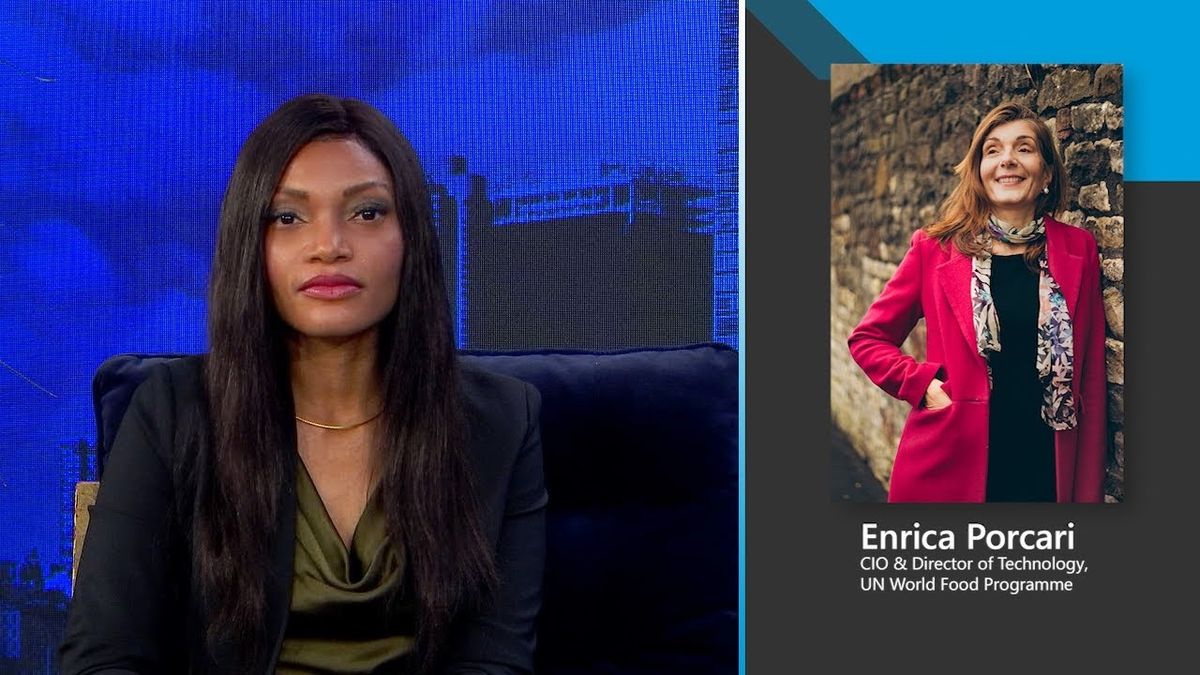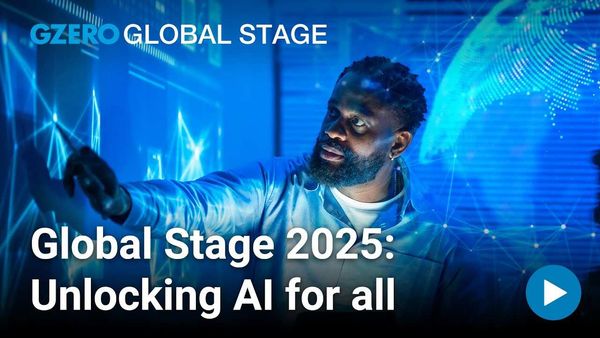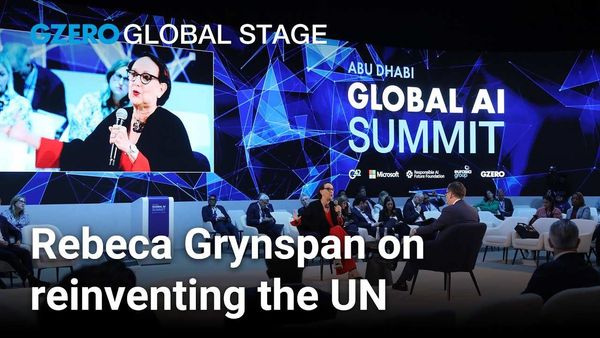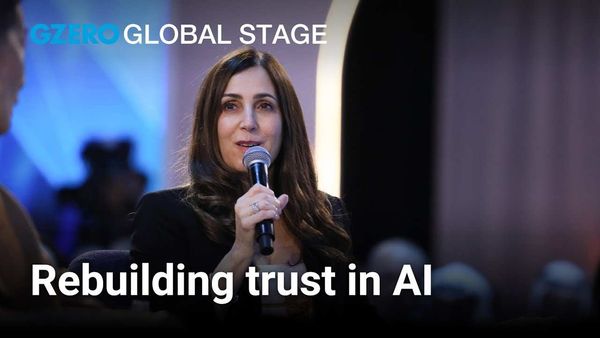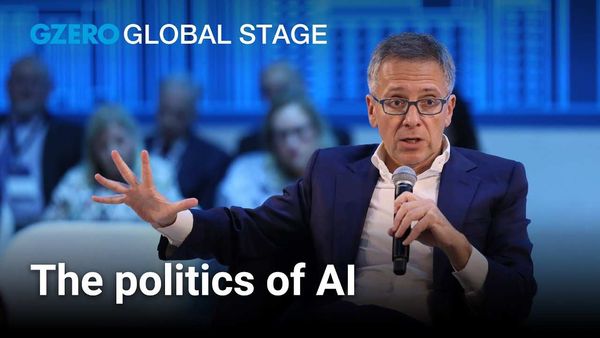WFP's Enrica Porcari: Digital technology, the backbone of humanitarian response | UN Innovation Room
Watch: Tolu Olubunmi in conversation with World Food Programme's Enrica Porcari about how digital technology is the flexible backbone of humanitarian response.
This content is brought to you by our 2020 UN General Assembly partner, Microsoft.
Watch UN Innovation Room conversations weekly on Thursdays at 9 am EDT through October 15th: https://www.gzeromedia.com/unga/livestream/
#gzeroWithMicrosoft #UNGA #UN75


